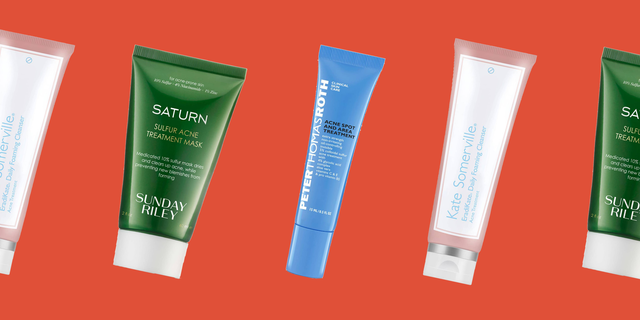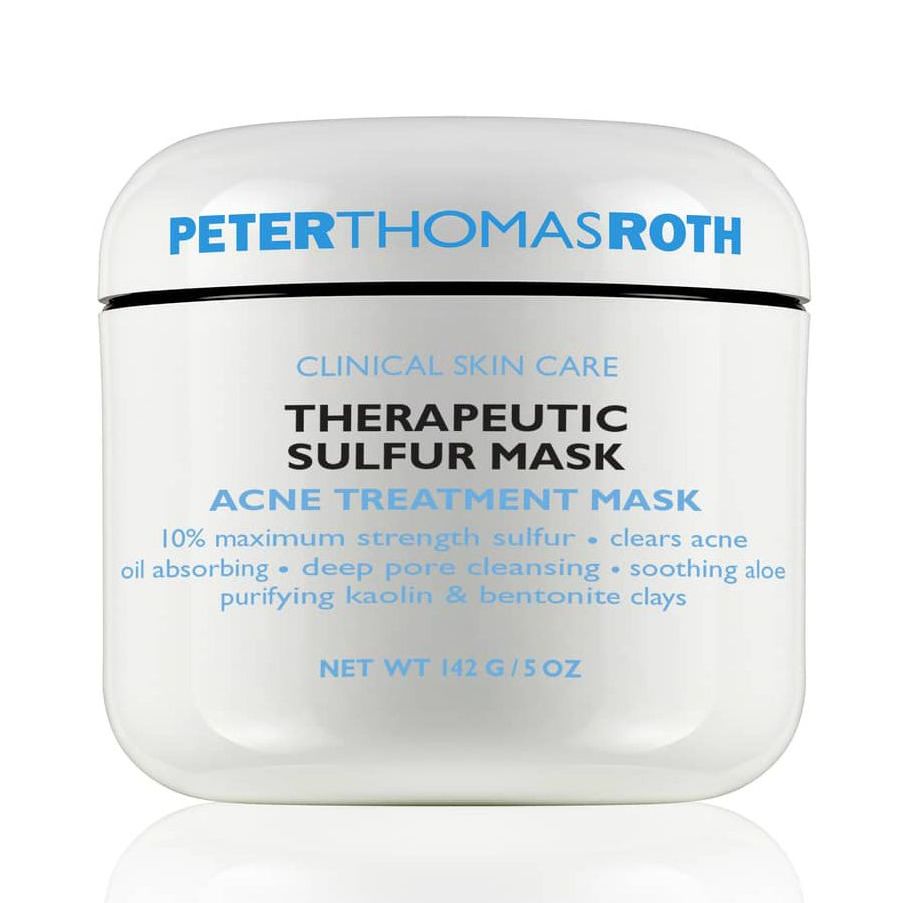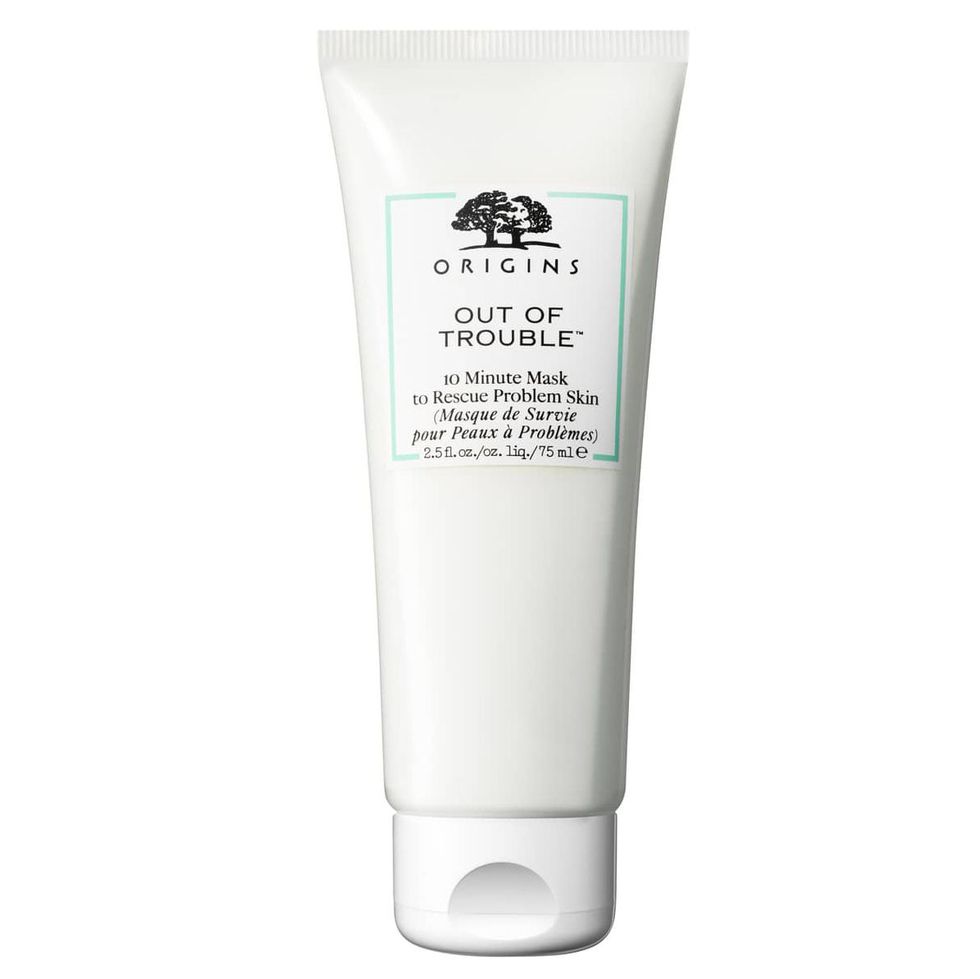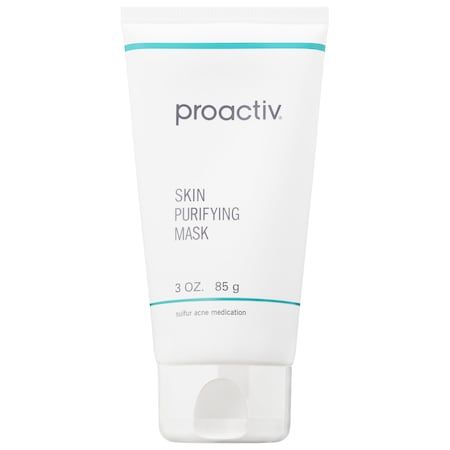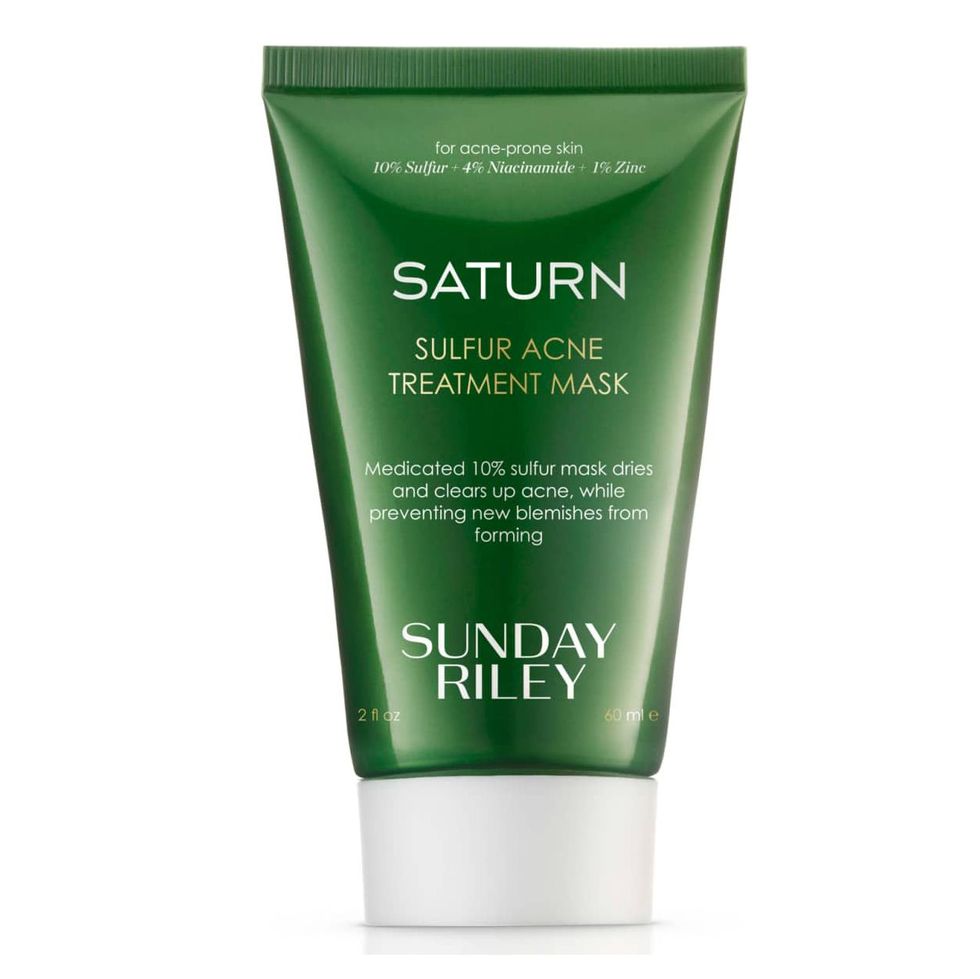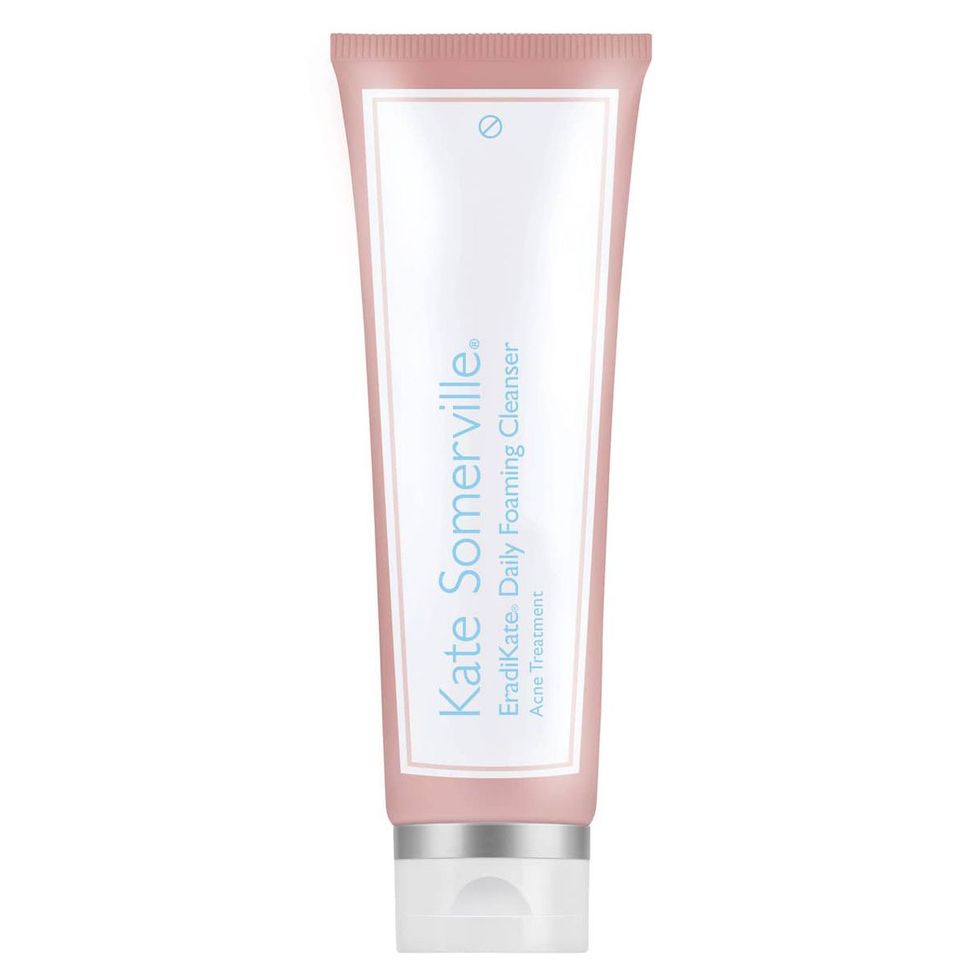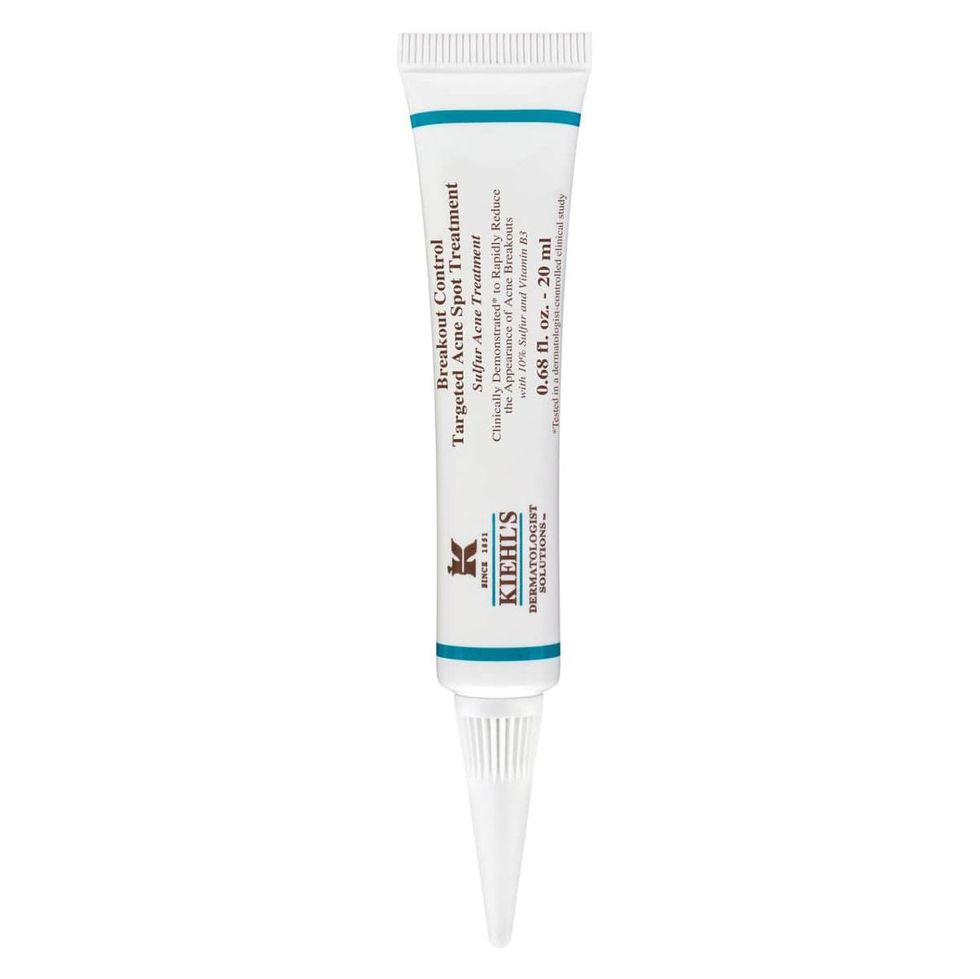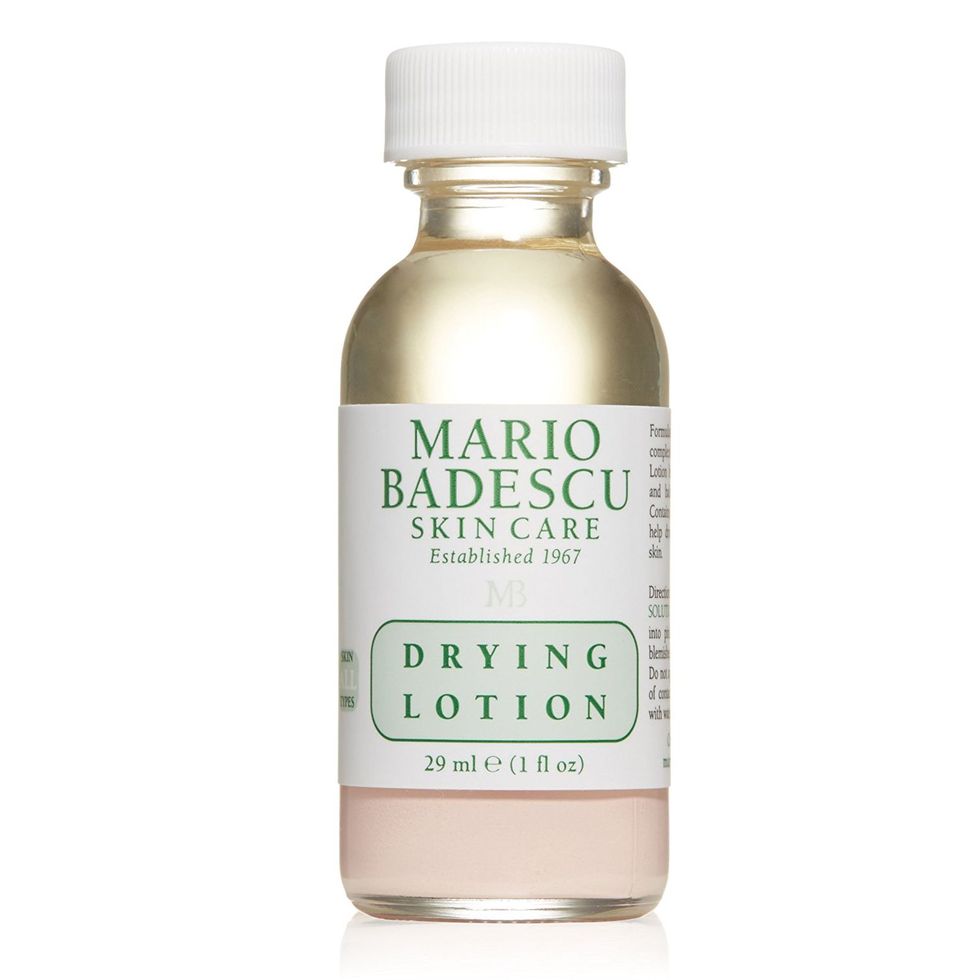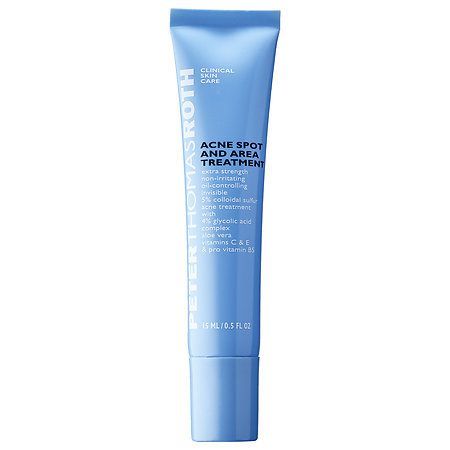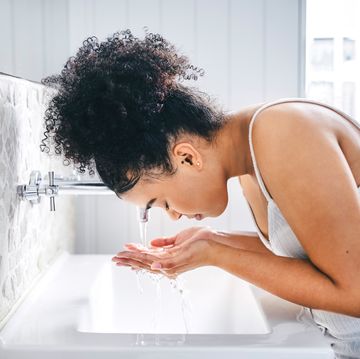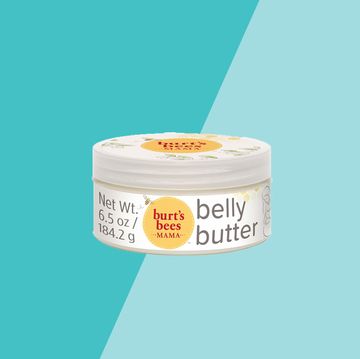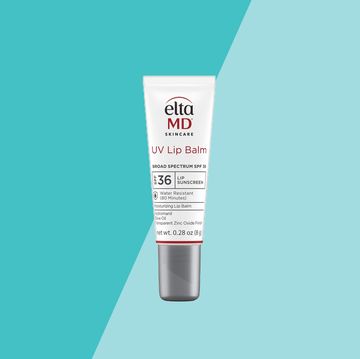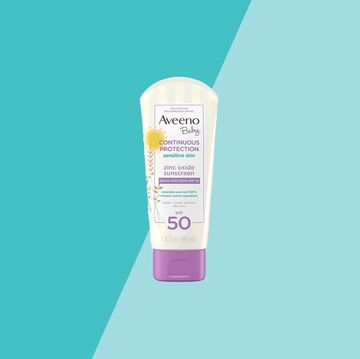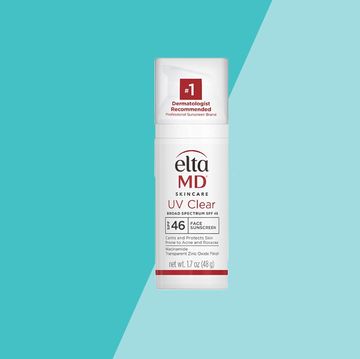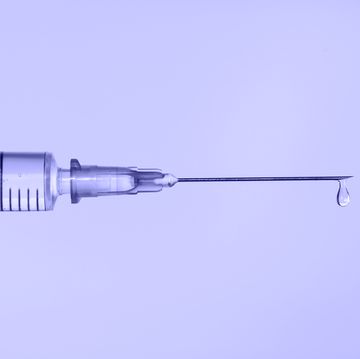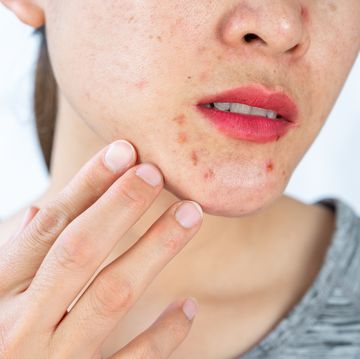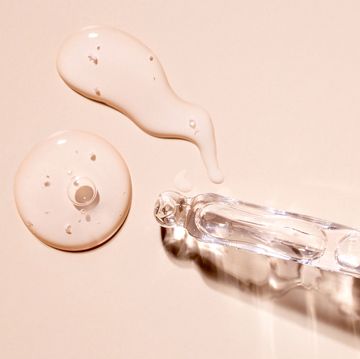If you struggle with breakouts, chances are you’ve already tried acne products with salicylic acid and benzoyl peroxide: the two zit-zapping ingredients dermatologists suggest most. But there’s another highly effective blemish buster you should add to your skin care arsenal ASAP: sulfur.
Yes, the same sulfur you encountered in high school chemistry class. Even though it’s a bit under-the-radar in the beauty world, sulfur isn’t exactly a revolutionary skin care ingredient. In fact, sulfur has long been used to treat skin conditions—such as rosacea, eczema, and psoriasis—due to its antimicrobial and antifungal properties.
You can find sulfur in tons of over-the-counter acne products, so we asked dermatologists to dish the deets on its pimple-fighting potential, how to add it to your skin care routine, and the products worth trying.
What does sulfur do for acne, exactly?
Historically known as brimstone, sulfur is a widely available natural mineral. When used as a topical acne treatment, sulfur decreases the bacteria that causes acne, removes oil from the skin’s surface, and exfoliates dead skin cells to prevent blackheads,” says Rachel Nazarian, MD, a board-certified dermatologist at Schweiger Dermatology Group and Mount Sinai Hospital in New York City. Basically, sulfur is an acne triple-threat.
If you’re wondering why sulfur doesn’t seem to get a lot of attention in the skin care world, it’s because it hasn’t always been the sexiest ingredient. “Sulfur used to have an egg-like smell, which may have given it a bad reputation in the past,” Dr. Nazarian says. “But most formulations now smell wonderful and are cosmetically elegant.”
Even better: “Sulfur is less irritating than some other harsh acne medications, which means most people can benefit from adding the ingredient to their skin care routine,” Dr. Nazarian adds. Okay, sold.
How to use sulfur to prevent acne
To stop breakouts before they start, Dr. Nazarian suggests starting your regimen with a salicylic acid wash, followed by a sulfur mask two or three times a week. After rinsing your mask off, you can apply a benzoyl peroxide cream, like Proactiv Repairing Treatment.
“The best way to treat acne is to combine different ingredients that treat acne in different ways,” confirms Joshua Zeichner, MD, director of cosmetic and clinical research in dermatology at Mount Sinai Hospital in New York City, who similarly suggests combining sulfur with both benzoyl peroxide and salicylic acid. “Choose one as a cleanser and the others as a leave on treatment.” Sulfur isn’t the most powerful acne treatment out there, he explains, so you do need more than sulfur alone.
How to use sulfur as an acne spot treatment
Of course, prevention doesn’t always do the trick, which is where your acne spot treatments come in: “You can also use sulfur as a spot treatment on a red, angry pimple,” Dr. Zeichner says. Use a Q-Tip to apply a sulfur-based spot treatment directly to your breakout to help it shrink faster.
“Most people respond better to leave-on treatments because the active ingredients have more time to work,” Dr. Nazarian says. “But people with very sensitive skin may prefer a cleanser to minimize any irritation or dryness.”
The bottom line: If you haven’t had much luck with traditional acne-fighting ingredients, sulfur-based acne products are worth a shot.
Use a sulfur face mask a couple of times per week as a preventive measure or use an acne spot treatment containing sulfur to calm stubborn pimples. If you still run into trouble, see your dermatologist, who may suggest prescription acne medications.
